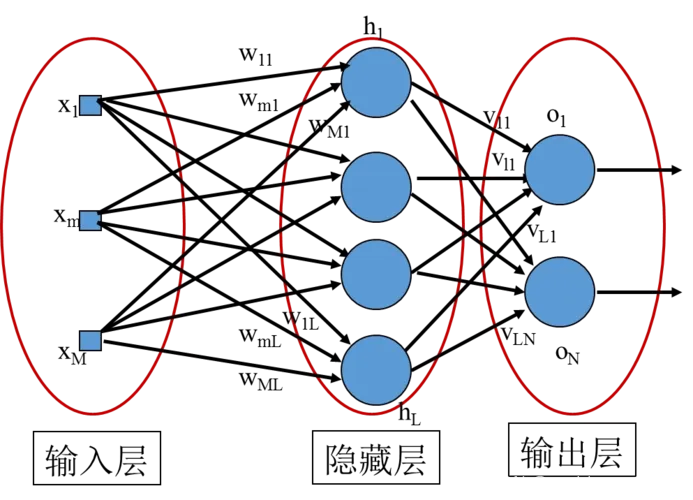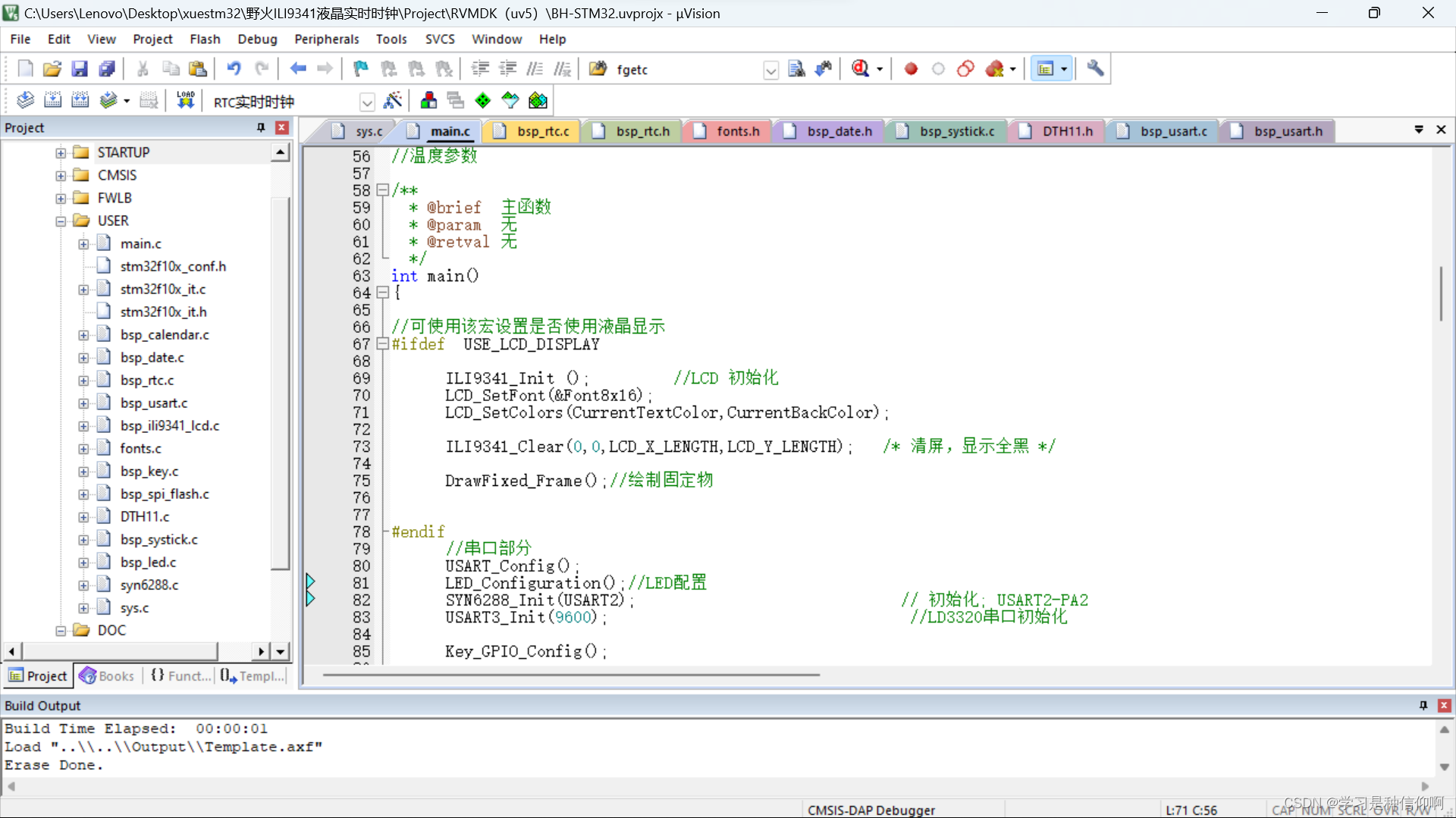图片名称不同内容相同滤重
#!/usr/bin/env python#coding:utf8import osimport picklefrom hashlib import md5from collections import defaultdictfrom pprint import pprintfrom random import choiceIMG_EXTS = ['.jpg', '.gif...
·
#!/usr/bin/env python
#coding:utf8
import os
import pickle
from hashlib import md5
from collections import defaultdict
from pprint import pprint
from random import choice
IMG_EXTS = ['.jpg', '.gif', '.jpeg', '.png']
OBJ_FILE = 'obj.pickle'
# images path
IMG_PATH = r'E:\creatism_data\beautiful people'
def rm(path):
print( 'remove %s' % path)
# 真正执行删除
os.unlink(path)
def remove_dup(dup_list):
keep = choice(dup_list)
print( 'Keep %s' % keep)
dup_list.remove(keep)
[rm(f) for f in dup_list]
def store_obj(obj, fp=OBJ_FILE):
print ('Dump obj to %s' % fp)
with open(fp, 'wb') as fb:
pickle.dump(obj, fb)
print ('Done')
def calc_md5(fp):
chunk = 4 * 1024
m = md5()
with open(fp,'rb') as fb:
while True:
content = fb.read(chunk)
if not content: break
m.update(content)
return m.hexdigest()
def get_files(path):
for root, dirs, files in os.walk(path):
for fn in files:
if os.path.splitext(fn)[-1].lower() in IMG_EXTS:
fp = os.path.join(root, fn)
yield fp
def get_obj():
if os.path.exists(OBJ_FILE):
print ('Obj file exists, we can get result from that :)')
with open(OBJ_FILE,'rb') as fb:
return pickle.load(fb)
print ('Calculating all the image files md5 value ...')
dup_dl = defaultdict(list)
for fp in get_files(IMG_PATH):
fp_md5 = calc_md5(fp)
dup_dl[fp_md5].append(fp)
print ('Done')
return dup_dl
def main():
obj = get_obj()
for key, value in obj.items():
if len(value) >= 2:
remove_dup(value)
store_obj(obj)
if __name__ == "__main__":
main()更多推荐
 已为社区贡献1条内容
已为社区贡献1条内容








所有评论(0)